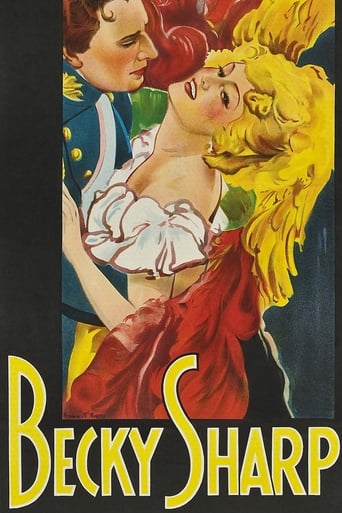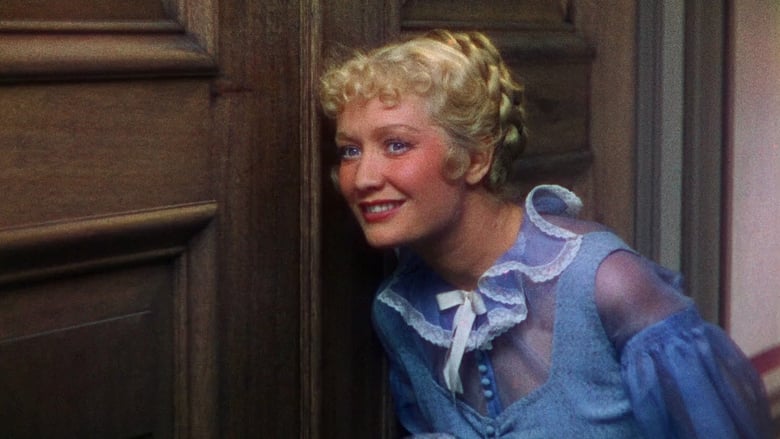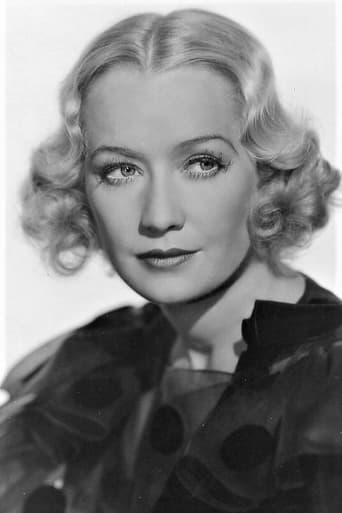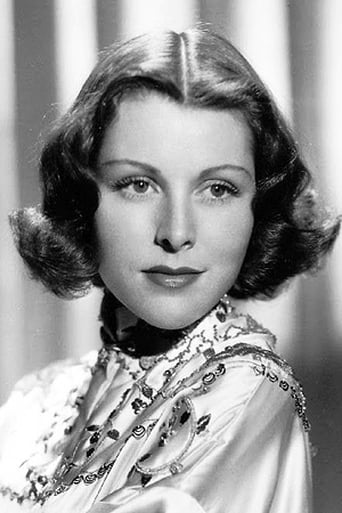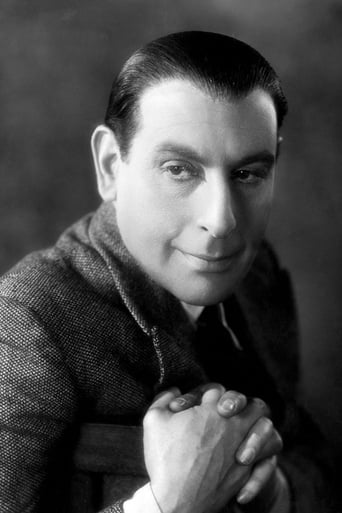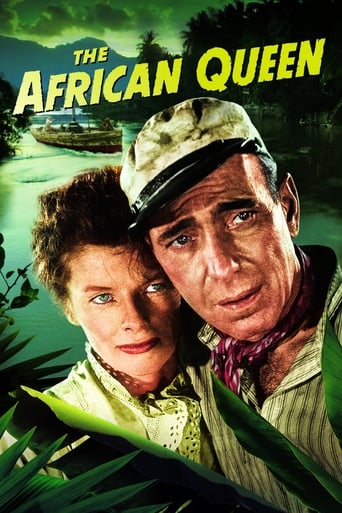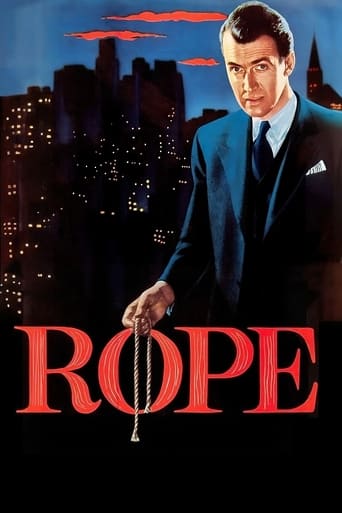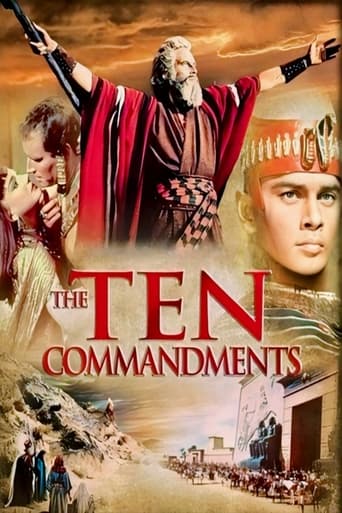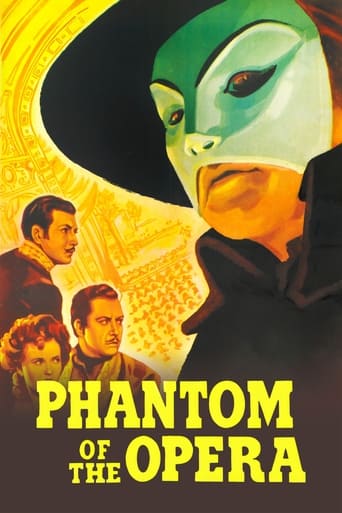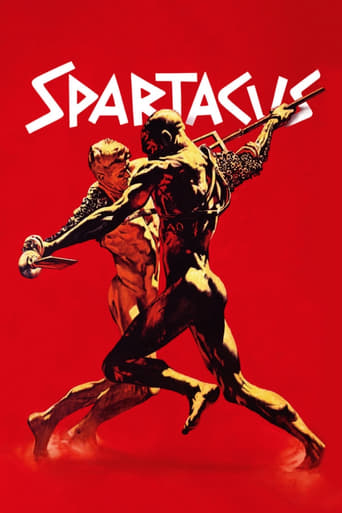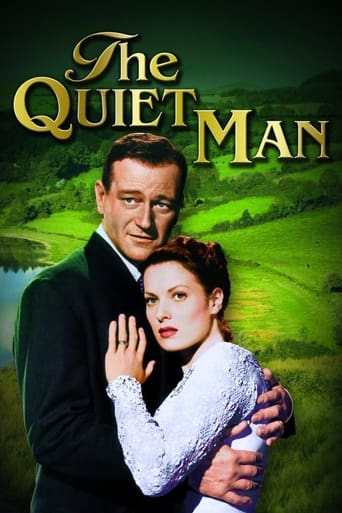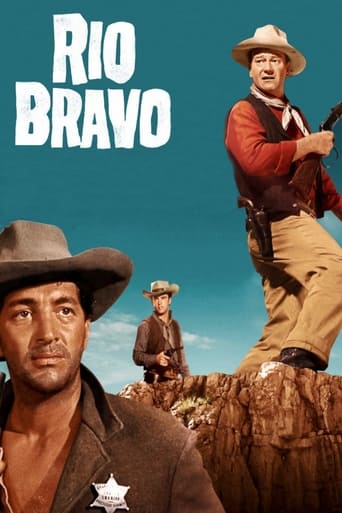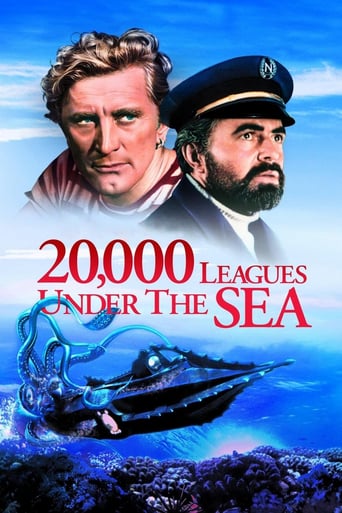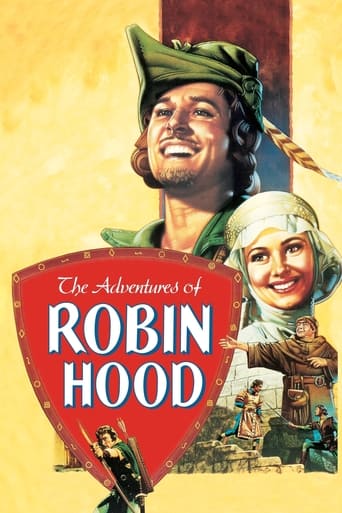Becky Sharp (1935)
The first feature length film to use three-strip Technicolor film. Adapted from a play that was adapted from William Makepeace Thackeray's book "Vanity Fair", the film looks at the English class system during the Napoleonic Wars era.
Watch Trailer
Free Trial Channels
Cast


Similar titles
Reviews
I cannot think of one single thing that I would change about this film. The acting is incomparable, the directing deft, and the writing poignantly brilliant.
I wanted to like it more than I actually did... But much of the humor totally escaped me and I walked out only mildly impressed.
Great story, amazing characters, superb action, enthralling cinematography. Yes, this is something I am glad I spent money on.
The film's masterful storytelling did its job. The message was clear. No need to overdo.
It's pretty hard to believe that the first color movie came out only eight years after the first talking film! Then again, it seems really weird. It took only four years for every movie to have sound, but it took thirty years for every movie to have color! You can tell that this is the first color movie. I think there are a few transition scenes that look black and white or at least in low quality. It's weird because there isn't much else to say about the movie. I guess the good technically outweighs the bad in this, but I wouldn't quite recommend it.I think the film's problem is that it's too short. It shows the title character becoming more cynical, but the transition seems too fast. There should have been more time to flesh out her personality. I had no idea that this took place during the Napoleonic era. It was really nice to see how those historical events affected the actual story here. It seems to be a part of history that hasn't been depicted in film that many times before.Weird, I heard this was in public domain, but I don't see it listed on Wikipedia's list. I guess I can't quite recommend it, as the story isn't that memorable, but it's still wonderful to see the earliest use of full color. There were in fact earlier movies like "The King Of Kings" that had some color sequences, and that is in fact a much better movie. Still a must for really historians of any kind. **1/2 out of ****.
There is a lot of talk about this film and how it compares to the novel, the Broadway play, it's various remakes, and all the hub-bub over the colour. While all of that is interesting, none of it mattered to me before I watched the film. I had just finished watching Myrna Loy as Becky Sharp in the 1932 Vanity Fair, so I was familiar with the story and eager to see this film.This Becky Sharp is an amazing character. Where so much is implied and quieted down with the Myrna Loy version, Miriam Hopkins is brash, loud and daring. She openly insults people and royalty call her "fascinating" for it. She rides higher and higher, with it all culminating one night at a Royal banquet. The battle of Waterloo breaks out and in that moment her world crashes as well.Sometimes I really enjoy watching movies about people living by their wits and using people. At least Becky is beautiful and vivacious. She enlivens many mens' lives and she should be getting something in return for that. Besides scorn, which she got anyway from the ladies. Many people seem to forget how times were so different in the past and the only way a woman had to get ahead in the world was to play the game and "marry up". No one enjoys poverty, so it was natural for a woman to go after as much as she could. Keep in mind that the men encouraged this behavior in women as well. For if it didn't work, women wouldn't have behaved that way. This movie also hints at the hostility between the classes and just how difficult it is to rise above one's station. But Becky gets it very clearly, which is probably why she can work the system so well. Society is shallow and built on appearances. Behind closed doors it's a different world.I enjoyed the film, the characters, the outfits were awesome and I also liked that the film began and ended with Becky throwing a book at someone. That means something. ;) Read more of my reviews of public domain films at: http://pdmoviereview.blogspot.com/
Because of the overwhelming success of his novels, people still read Charles Dickens. If you poled people who like to read classic novels, you would find most people read Dickens, Emily and Charlotte Bronte, and Anthony Trollope most among the "high Victorian" novelists (those from 1830 - 1882). This cuts out a large number of fine novelists, like George Eliot, George Meredith, Elizabeth Gaskell, and Benjamin Disraeli (yes, the Prime Minister), or even William Wilkie Collins, the first great mystery/detective novelist. But the one that is particularly odd is William Makepeace Thackeray. In his day (he was a prominent novelist from 1839 to 1863 when he died) Thackeray was actually the leading rival of Dickens as the leading novelist. Dickens was capable of a wider variety of social class types in his fiction, and could show wilder humor and greater tragedy in his novels. But Thackeray was more gifted at subtle characterization and clever social satire of the upper class. He was a member of that class, and knew what he was talking about when he wrote about them. George Orwell noted that when Dickens did an aristocrat in like Sir Mulberry Hawk in "Nicholas Nickleby", the resulting character was a type from Victorian melodrama, whereas Thackeray or Trollope made more realistic figures.He also was willing to experiment in odd ways. Occasionally Dickens did too - he did first person narrative novels like "David Copperfield" and once did one with a female narrator "Bleak House". But in 1846 Thackeray wrote "Vanity Fair, A Novel Without A Hero". The title was a pun. The two leading characters, Rebecca (Becky) Sharp and Amelia Sedley, are women (so it suggests the novel has a "heroine"). But both women are quite faulty. Becky is a fortune hunter who won't let anyone or anything keep her from becoming rich. Amelia is a nice person. In fact, she is too nice. She has to go through an 800 page story before she stops being friendly to her school friend Becky, and only after Becky reveals what a bad person she has been to Amelia. None of the characters in "Vanity Fair" is flawless. The closest to a hero in the story, William Dobbin, adores Amelia - but won't push himself as a suitor (he wants her to notice his adoration by herself). Becky vamps members of the Crawley family (where she is the family governess), and marries the second son, Rawdon, in expectation of a generous aunt's largesse to support them. But that fails to work out. So she tags along with Rawdon, accompanying him on the Waterloo campaign, and makes a play for George Osbourne (Amelia's selfish husband). Eventually she and Rawdon become social figures, "living well on nothing a year" (by cheating merchants of payments for their food, clothes, etc). She also becomes the mistress of the powerful Marquis of Steyne (pronounced "stain").How the events of this novel without a hero end I leave to the reader to read the novel (the best way) or to see either this version by Rouben Mamoulian, the recent one with Reese Witherspoon, or a modern dress version from 1932 with Myrna Loy as Becky. Mamoulian's version reduces the story to 90 minutes of film, and so much is thrown out. In particular the antics of Amelia's cowardly, pompous brother Joseph Sedley (Nigel Bruce in Mamoulian's film). Hopkins does very well as Becky - garnering her best film performance. She is supported by Alan Mowbray as Rawdon, who may be raffish in some ways but gains our respect as he sees the woman he loves for what she is. Francis Dee is adequate (if not memorable) as Amelia. Cedric Hardwicke is sinister and powerful as Steyne. Allison Skipworth gives one a taste of the self-centered, pampered aunt of Rawdon, "Miss Crawley".So what went right and wrong. It is a great novel (my opinion) but I admit this film leaves me cold. So much was cut out the film is just a synopsis of the main plot. But then, Thackeray's greatest strength as a satirist was as a subtle writer. Somehow subtlety on his printed page is not well translated onto the silver screen. On the other hand, Mamoulian did make great strides (in terms of elegant cinematography) with the then new three tone color film system. The best moment is at the scene of the great last ball given to Wellington's staff and men at Brussels in June 1815, which ends as a cannon blast in the distance is heard: the opening shot of Waterloo. The moment that the blast is heard a blast of air causes a red curtain to blow, looking like a wave of blood. Mamoulian was able to squeeze out of the process some idea of what to do with it. For that reason the film is worth seeing. But I urge the interested viewer to take the time to read Thackeray's novel.
Pretty BECKY SHARP, orphaned & penniless, knows exactly what she wants out of life and how to get it.William Makepeace Thackeray's Vanity Fair is brought to vivid, if drastically reduced, life and provides a wonderful showcase for star Miriam Hopkins, who gets the most out of her selfish, petulant, scheming, desperate character. Her Becky is fascinating to watch and dominates nearly every scene in the film, making us forget that the actress is not English and forgive that the character is rather less than virtuous.Miss Hopkins is aided by a sizable cast of seasoned veterans, mostly British, several of whom only appear in a single scene. Frances Dee has very little to do except look lovely as Becky's school chum. Nigel Bruce comes off rather better as Miss Dee's obese brother who adores Becky. The incomparable Alison Skipworth plays their quarrelsome old aunt who hires Becky for a short while. Alan Mowbray has a fine romantic role as the husband who worships Becky, to his pain.Marvelous Sir Cedric Hardwicke successfully underplays his role as a powerful nobleman who takes Becky as his mistress. Wonderful Billie Burke appears for a few moments in a serious role as a society lady attending a soirée in Brussels. Doris Lloyd is the hostess.Three short, sharp portrayals worth watching for are provided by Elspeth Dudgeon as an acidic girls' school proprietress; George Hassell as a rascally old baronet; and Tempe Pigott as a plain-talking charwoman.BECKY SHARP is important historically in that it was the first film produced in full 3-strip Technicolor. Director Rouben Mamoulian's opulent production was a worthy choice for such a distinguished accolade. Restored in the 1990's, the color is once again most pleasing to the eye.

